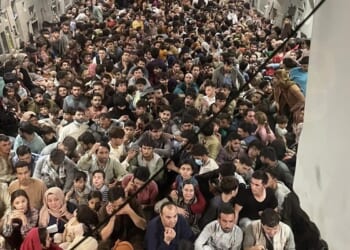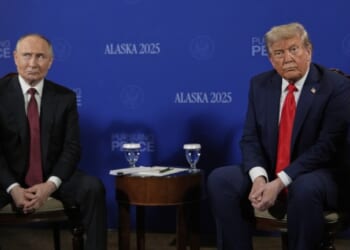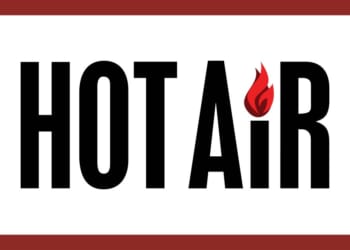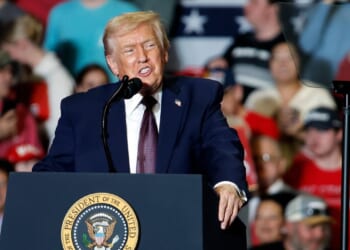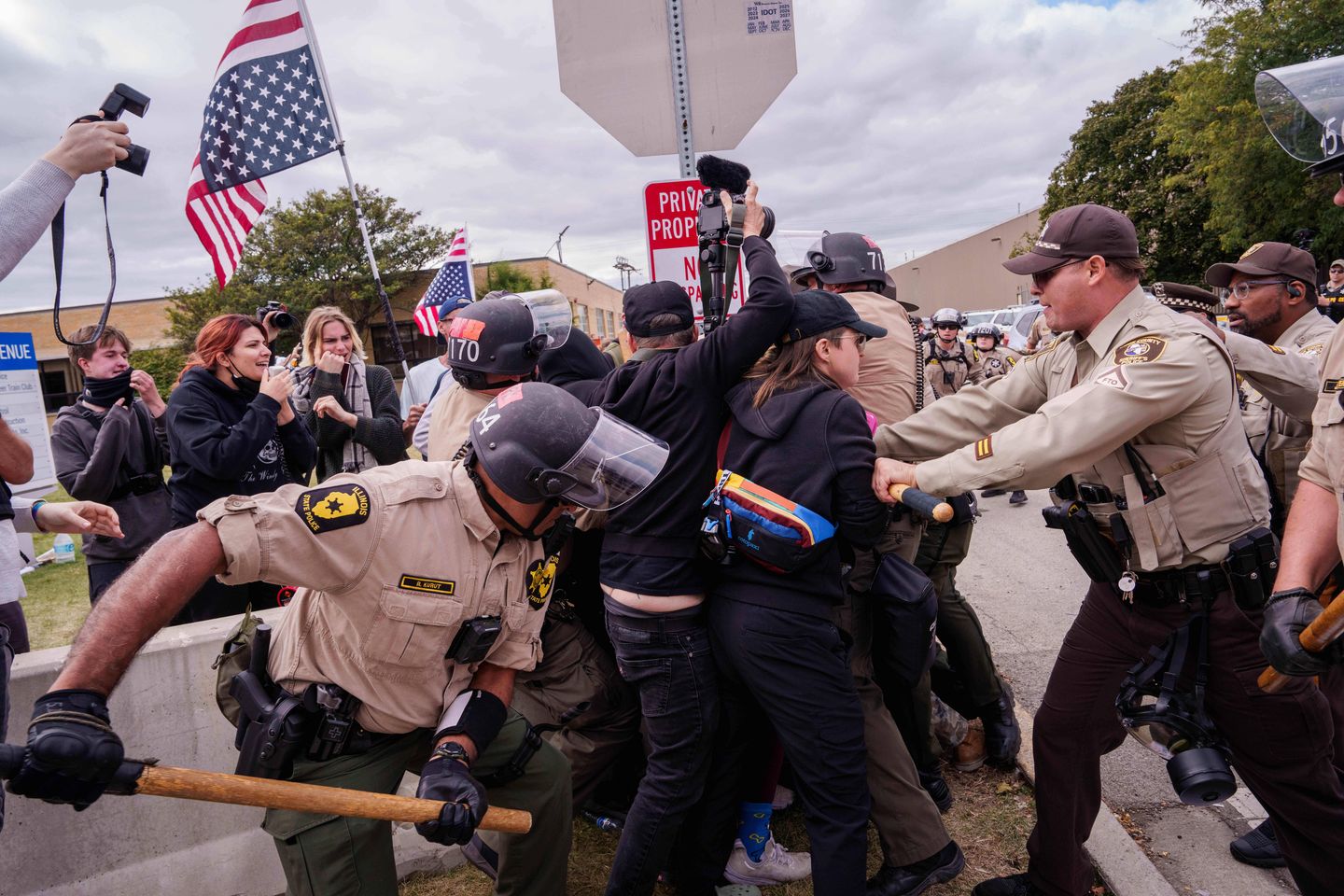
President Trump on Friday asked the Supreme Court to deliver an initial blessing to his attempt to deploy National Guard troops to Illinois to quell anti-ICE violence, dropping another tricky case about presidential power in the justices’ laps.
Lower courts have put Mr. Trump’s deployment on hold.
Solicitor General D. John Sauer urged the justices to step in and stay those lower decisions, saying federal law enforcement officers need the troops’ help to carry out Mr. Trump’s mass-deportation mission in the Chicago area.
The troops would protect immigration officers and federal buildings, he said, replacing federal law enforcement personnel who have been pulled off other missions to do force-protection.
Mr. Sauer said Mr. Trump is justified in calling out the troops, acting under Section 12406 of the Title 10 of the U.S. code. That allows a president to federalize a state’s National Guard when there is a “rebellion” or the “regular forces” are unable to “execute the laws of the United States.”
Mr. Sauer said the situation in and around Chicago meets both criteria.
“Violent agitators have repeatedly obstructed access to a critical federal immigration facility in the Chicago suburb of Broadview,” he said. “Local forces have failed to respond, or unaccountably delayed their response, even when federal agents face life-threatening violence. DHS has also been forced to relocate resources from enforcing the Nation’s immigration laws in other regions to protect personnel at federal facilities and on the streets of Chicago.”
U.S. District Judge April Perry, a Biden appointee, had rejected those justifications.
“I don’t find any evidence of impeding actually happened,” the judge said in issuing a blockade.
The 7th U.S. Circuit Court of Appeals largely upheld her ruling in an initial decision, saying that while Mr. Trump could call up troops, he could not deploy them.
Mr. Sauer said the courts owed greater deference to Mr. Trump in those decisions. He said Judge Perry “indefensibly” minimized the threats U.S. Immigration and Customs Enforcement officers are facing, disbelieving federal officials’ claims and instead accepting those of state and local officials who oppose the deployment.
Mr. Trump had called up 300 Illinois Guard troops and 400 Texas Guard troops.
Illinois and Chicago were the plaintiffs that challenged the deployment.
The Supreme Court gave them until Monday to file a response to Mr. Trump’s request.
A similar case is developing in Oregon, where a federal district judge blocked another Trump troop deployment.
Yet another deployment in Los Angeles over the summer was allowed to move forward by the 9th U.S. Circuit Court of Appeals.
Oregon and Illinois officials argued — and the district judges agreed — that the violence in Los Angeles was worse than in Chicago or Portland.





